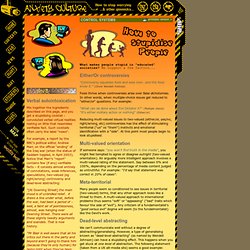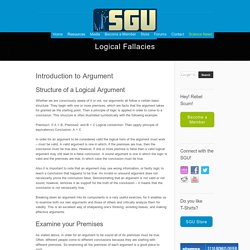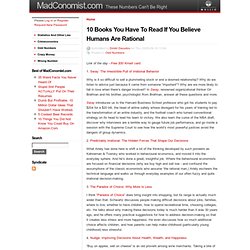

Three Steps to Success for Creative Geniuses. Creative people have it tough in this world.

Despite having the skills and potential to make a tremendous impact, the odds are stacked against us. Unlike our business minded counterparts, the path to the success is not clearly defined. If you are reading this article, chances are you are what I call a genius type. You don’t have to be super-intelligent, super-creative, or super-talented to be one. Genius types simply want more out of life than most. Entrepreneurs, musicians, film-makers, writers, producers, directors, artists, real estate investors, photographers, inventors, and stock pickers are a few good examples. I paid my way through college with my own businesses. The “Artist’s Dilemma:” In the short-run, the truer you are to your own genius, the less it pays.
A person who wants to follow his own creativity and passion, but isn’t independently wealthy faces an uphill battle. Or, consider a person who gets excited talking about her idea for a new bakery. Focus Resistance. Top 10 Thinking Traps Exposed — How to Foolproof Your Mind, Part I. Our minds set up many traps for us. Unless we’re aware of them, these traps can seriously hinder our ability to think rationally, leading us to bad reasoning and making stupid decisions. Features of our minds that are meant to help us may, eventually, get us into trouble. Here are the first 5 of the most harmful of these traps and how to avoid each one of them. 1. The Anchoring Trap: Over-Relying on First Thoughts “Is the population of Turkey greater than 35 million? Lesson: Your starting point can heavily bias your thinking: initial impressions, ideas, estimates or data “anchor” subsequent thoughts. This trap is particularly dangerous as it’s deliberately used in many occasions, such as by experienced salesmen, who will show you a higher-priced item first, “anchoring” that price in your mind, for example.
What can you do about it? Always view a problem from different perspectives. 2. Consider the status quo as just another alternative. 3. Be OK with making mistakes. - StumbleUpon. "mused" "a day at the park" by Kostas Kiriakakis. How to stupidise people. What makes people stupid in "educated" societies?

We suggest a few factors... Either/Or controversies "Controversy equalizes fools and wise men…and the fools know it. " (Oliver Wendell Holmes) Fools thrive when controversies arise over false dichotomies. "What can be done about Evil Dictator X? " Reducing multi-valued issues to two-valued (either/or, yes/no, right/wrong, etc) controversies has the effect of stimulating territorial ("us" vs "them") instincts and emotional identification with a "side".
Multi-valued orientation If someone says: "you won't find truth in the media", you might feel tempted to agree or disagree outright (two-valued orientation). Meta-territorial Many people seem so conditioned to see issues in territorial (two-valued) terms, that any other approach looks like a threat to them. Dead-level abstracting. Top 20 Logical Fallacies - The Skeptics' Guide to the Universe.
Introduction to Argument Structure of a Logical Argument Whether we are consciously aware of it or not, our arguments all follow a certain basic structure.

They begin with one or more premises, which are facts that the argument takes for granted as the starting point. Then a principle of logic is applied in order to come to a conclusion. This structure is often illustrated symbolically with the following example: Premise1: If A = B, Premise2: and B = C Logical connection: Then (apply principle of equivalence) Conclusion: A = C In order for an argument to be considered valid the logical form of the argument must work – must be valid. 10 Books You Have To Read If You Believe Humans Are Rational. Link of the day - Free $50 Kmart card. 1.

Sway: The Irresistible Pull of Irrational Behavior Why is it so difficult to sell a plummeting stock or end a doomed relationship? Why do we listen to advice just because it came from someone “important”? Why are we more likely to fall in love when there’s danger involved? Sway introduces us to the Harvard Business School professor who got his students to pay $204 for a $20 bill, the head of airline safety whose disregard for his years of training led to the transformation of an entire industry, and the football coach who turned conventional strategy on its head to lead his team to victory. 2. What Ariely has done here is shift a lot of the thinking developed by such pioneers as Kahneman & Tversky who worked in behavioural economics, and moved it into the everyday sphere. 3.
I think “Paradox of Choice” does bring insight into shopping, but its range is actually much wider than that. 4. 5. Philosophy since the Enlightenment, by Roger Jones. Thebigview.com - Pondering the Big Questions. The Analysis of mind, by Bertrand Russell. Thou shalt not commit logical fallacies.